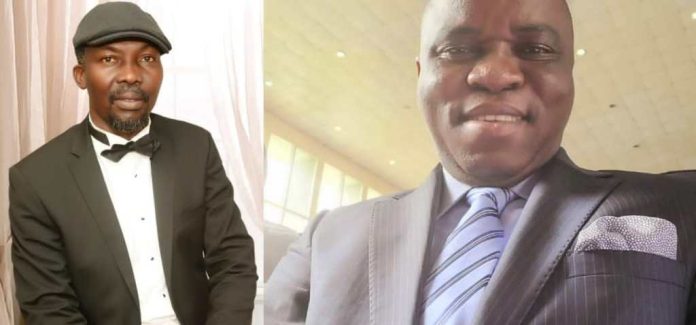In an escalating legal dispute that has captured the attention of Ughelli North and beyond, Mr. Jeckins Ejiro Wisike has lodged a billion-naira lawsuit against Hon. (Barr) Jaro Egbo, the Executive Chairman of Ughelli North Local Government Council, over claims of defamation. The lawsuit, filed at the Effurun High Court of Justice, Delta State, under suit No. EHC/218/2024, underscores the growing prominence of online discourse and its potential ramifications on public figures and private citizens alike.
The Claimant, Mr. Wisike, alleges that his character was defamed through statements allegedly made by Hon. Egbo. These comments, disseminated to the public, purportedly labeled Mr. Wisike as a “nonentity,” “drunkard,” “gambler,” and a “half-baked law student” studying at an unaccredited institution. Mr. Wisike contends that these remarks not only tarnished his reputation but also cost him vital sponsorships for his legal education, dampened his political aspirations ahead of the 2027 elections, and led to financial setbacks and public ridicule.
From Mr. Wisike’s perspective, this case is a battle for justice and reputation restoration. His demands include a one-billion-naira compensation, an order restraining Hon. Egbo from making further allegedly defamatory remarks on his social media platforms, and a public apology in both social and national media.
For Hon. Egbo, who faces a summons with an eight-day deadline for appearance, the case raises questions about the extent of free speech, political discourse, and accountability on social media. Observers note that, beyond the individual grievances, this legal confrontation highlights the tension between public service roles and personal reputation management in the digital age.
The case is slated for further proceedings on November 21, 2024, setting the stage for what could become a pivotal legal showdown with broader implications on public commentary and political speech. As the case unfolds, stakeholders in governance, social media, and civil rights watch closely, recognizing the potential for precedent-setting outcomes.



